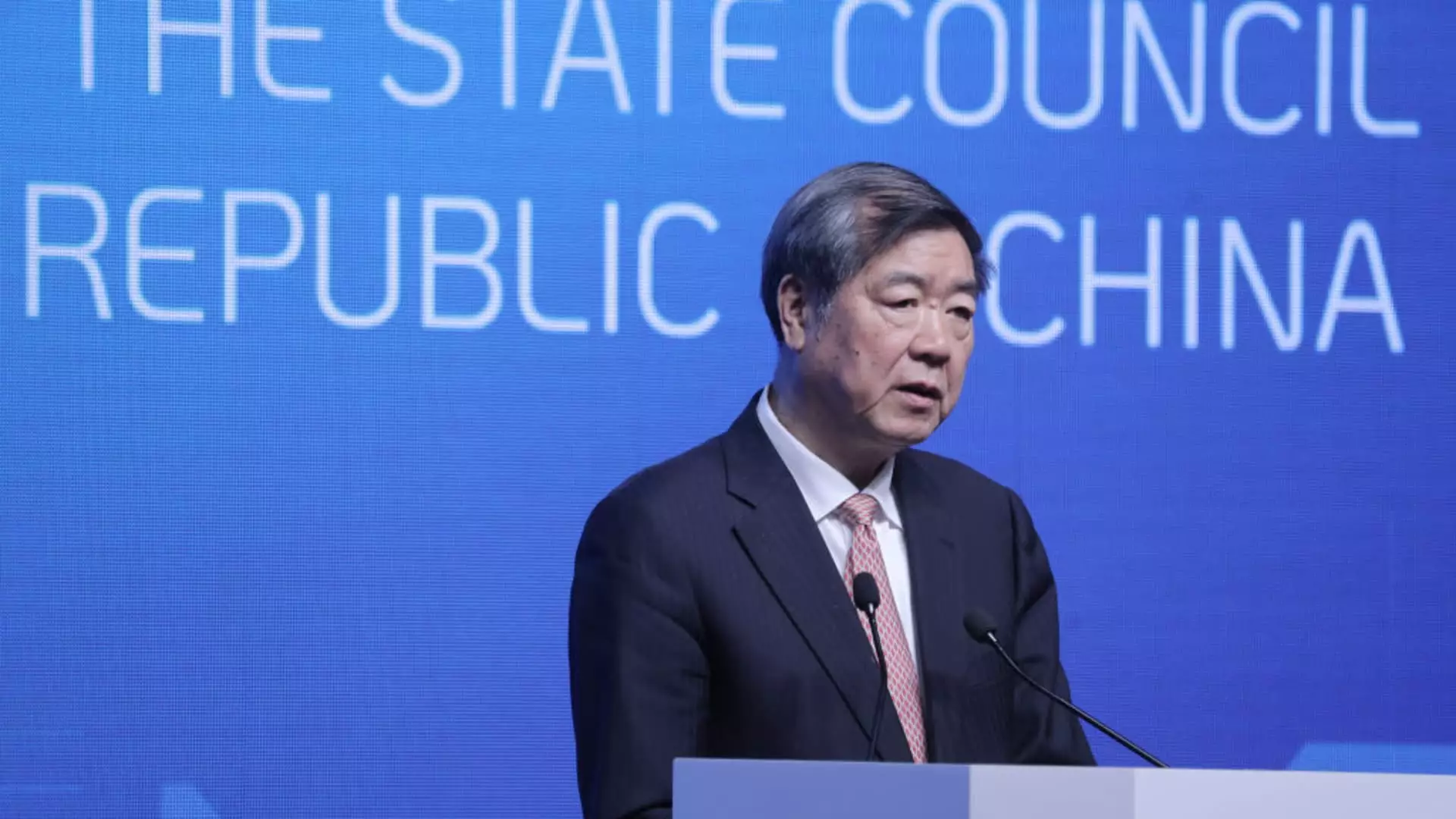In a compelling address at the recent Global Financial Leaders Investment Summit, Chinese Vice Premier He Lifeng expressed a strong commitment to revitalizing Hong Kong’s economic framework. He recognized the critical need for investment in innovation and the implementation of favorable financial policies as pathways to enhancing the city’s competitiveness on the global stage. This initiative reflects Beijing’s broader strategic goal: to reaffirm Hong Kong’s position as an “international financial center.”
He’s tone was optimistic as he underscored that previous stimulus measures from Beijing had already begun to work in Hong Kong’s favor. The Vice Premier, who holds a significant role in shaping China’s economic direction, emphasized that with the right policies, there is a more certain upward trend for Hong Kong’s economy. This sentiment resonated with financial leaders who attended the summit, fostering a renewed sense of hope and ambition for the city’s economic future.
The interdependence between Hong Kong and Mainland China is increasingly pivotal to the city’s financial ecosystem. Li Yunze, Minister of China’s National Financial Regulatory Administration, elaborated on this relationship by stating that nearly 80% of mainland companies preferring offshore listings choose Hong Kong. This statistic not only highlights the economic symbiosis but also indicates that Hong Kong’s growth is intrinsically tied to developments in mainland China. Such interlinkages can be a double-edged sword—while offering access to a vast array of opportunities, they also bind the city’s prospects closely to mainland policies and market conditions.
The head of China’s securities regulator, Wu Qing, reinforced these sentiments by affirming that ongoing efforts to attract foreign investments would remain a priority. Despite a challenging backdrop due to reduced activities and some significant banks re-evaluating their operational strategies in Hong Kong, the focus on enticing investment remains steadfast. The past year’s financial landscape, marked by a contraction in IPO proceeds and a declining stock index, presents a stark contrast to the ambitious governance aspirations articulated by officials.
The deteriorating conditions in Hong Kong’s financial markets haven’t gone unnoticed. With the Hang Seng Index suffering as the worst-performing major index last year and facing a consistent decline over four years, the urgency for effective intervention has never been greater. Financial data indicated that IPOs and follow-on share offerings dropped by 16% in the first half of the year, raising alarm bells among stakeholders. However, recent indicators from Hong Kong’s stock exchange suggest a slight recovery—an encouraging sign as Beijing rolls out stimulus measures that, in theory, could rejuvenate the city’s economy.
As Vice Premier He navigates the complexities of addressing issues including China’s increasing government debt and the struggling property sector, his leadership becomes increasingly critical. It would appear the Chinese government’s latest efforts—such as reducing barriers for foreign investments and allowing individuals to invest in publicly listed companies—reflect an acknowledgment of these challenges while aiming to create a more inviting financial environment.
The participation of influential foreign financial institutions such as HSBC, Standard Chartered, and Citigroup at the summit adds a layer of credibility and optimism to the discussions about Hong Kong’s financial rejuvenation. Their presence underscores the importance of cross-border capital exchange and collaboration in achieving economic sustainability.
Moreover, the remarks from People’s Bank of China (PBOC) Governor Pan Gongsheng signal an ongoing commitment to accommodative monetary policies, emphasizing a strategic alignment between domestic and international markets. This holistic approach suggests an aspiration not merely to recover but to thrive in an increasingly competitive global financial environment.
While challenges abound, the rediscovery of Hong Kong’s financial potential through targeted innovation, supportive regulations, and the reinforcement of ties with Mainland China and the international community could steer the city towards a promising future. The upcoming months will be critical in assessing the effectiveness of these initiatives—one can only hope that they will lead to a revival of Hong Kong’s long-standing reputation as a global financial hub.


Leave a Reply